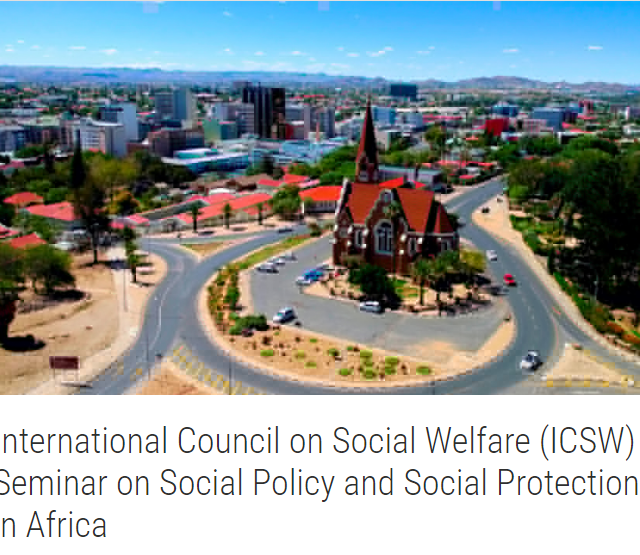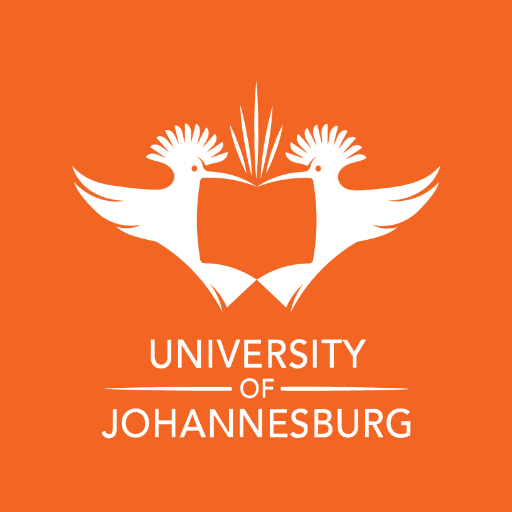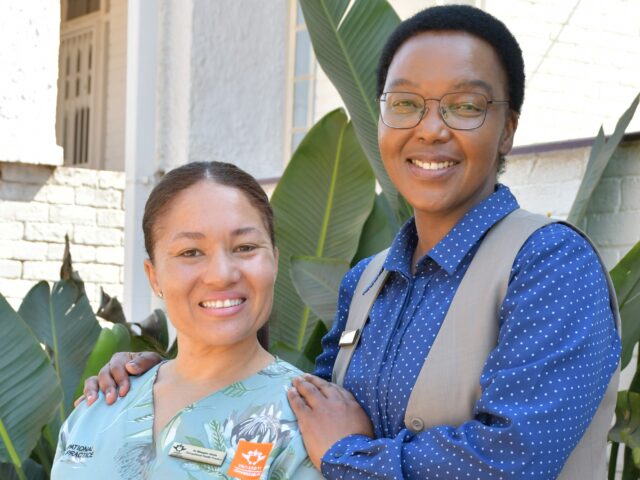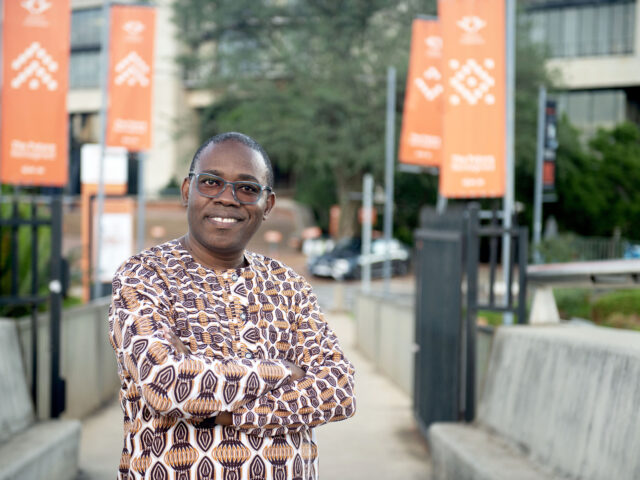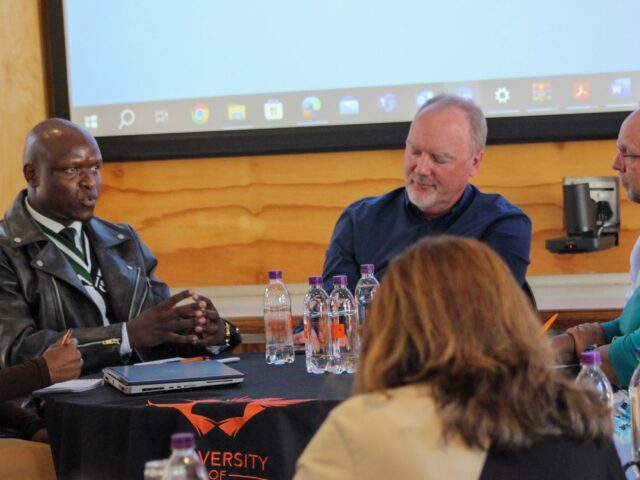Prof Leila Patel presents paper at the International Council of Social Welfare (ICSW) Seminar
Date: October 31, 2023 |
Prof Leila Patel presents paper at the International Council of Social Welfare (ICSW) Seminar on Social Policy and Social Protection in Africa, hosted by The Ministry of Health and Social Services Government of the Republic of Namibia on the 28th and 29th of September 2023.
Prof Patel provided an insightful presentation that shed light on the evolving landscape of social protection and development policies in Africa. She highlighted the significance of these policies in addressing poverty, and inequality and their pivotal role in achieving the Sustainable Development Goals.
The Rise of Social Protection Policies and Covid-19 Responses
Social welfare in Africa has a rich history rooted in community support and philanthropy, but public welfare initiatives in the past were insufficient to tackle the deep-rooted issues of poverty and inequality. A turning point emerged in the late 1990s when many African countries adopted cash transfer programmes to combat poverty, coinciding with democratisation and constitutional reforms. The rise of social protection policies reshaped welfare thinking, emphasising the importance of poverty reduction and social rights. The African Union and the Sustainable Development Goals recognised the pivotal role of social protection in achieving broader development objectives.
Scope and Form of Social Protection Policies
Before the COVID-19 pandemic, more than 140 countries worldwide implemented social protection policies, marking a significant shift in the African region. By 2020, 31 African countries had developed their own strategies, often incorporating social protection rights into their constitutions. This growth also contributed to state building and the realisation of social rights.
The COVID-19 pandemic brought forth an unparalleled response to safeguard employment, income, health, and social stability. It was feared that African countries, home to 70% of the world’s poor, would suffer disproportionately. However, estimates showed that while the pandemic did increase poverty, it was not as severe as initially expected, with fragile and urban areas affected the most. The pandemic also exposed psychosocial challenges, including economic insecurity and gender-based violence.
Social Protection Strategies
Social protection strategies in Africa include social assistance, social insurance schemes, and active labour market programs. The majority of social assistance programmes focus on unconditional cash transfers, targeting various groups, from children to older individuals. Social insurance schemes remain limited, particularly in low-income countries, while active labour market programmes offer potential for future growth. Impact evaluations show promising results in various domains, and they have been effective in improving nutrition, school attendance, and the financial empowerment of women.
Social Protection Gaps and Linkages
Despite the progress in social protection, several gaps and challenges persist. Low-income countries face difficulties in expanding coverage and benefit levels, while social insurance coverage remains limited. Informal sector workers lack access to social protection, which is a significant concern as the majority of employment in Africa falls under the informal economy. Addressing the low levels of formal employment for women and youth is vital, and promoting women’s empowerment remains a complex task due to sociocultural beliefs.
Sustainable Financing and Conclusion
Sustainable financing for social protection and welfare programmes is essential, with many countries still heavily reliant on donor funding. To bolster these efforts, there’s a need to invest in administrative and human resource capacity, promote greater use of technology, and ensure accurate household-level data. Multi-component programmes that address interlocking social and economic challenges have shown promise, and peace and security are associated with lower poverty levels.
Prof Patel’s presentation shed light on the growing importance of social protection and development policies in Africa. These initiatives have made significant strides in reducing poverty and promoting social inclusion, with the COVID-19 pandemic acting as a catalyst for their expansion. However, several gaps still need to be addressed, including expanding coverage, improving social insurance, and ensuring women’s empowerment. Sustainable financing and better coordination are crucial to realising the full potential of these policies.
